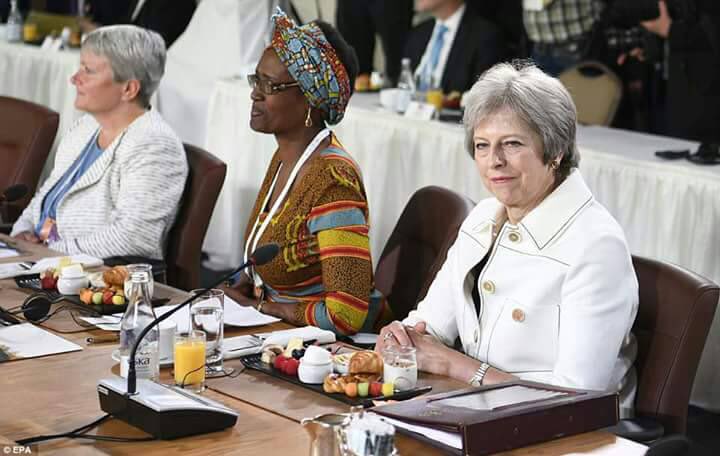British PM May backs heterosexual civil partnerships (Update 1)

- Country:
- United Kingdom
British Prime Minister Theresa May said on Tuesday that heterosexual couples will be allowed to enter into a civil partnership, previously a union only available to those of the same sex.
The government says the move will provide greater security for unmarried couples and their families.
Civil partnerships were introduced in Britain in 2004, giving gay couples similar legal rights to those enjoyed by married heterosexuals.
Since 2014, same-sex marriage has also been legal in England, Wales and Scotland, meaning gay couples could choose either to get married or enter into a civil partnership, but marriage has to date been the only option available to heterosexual couples.
"This change in the law helps protect the interests of opposite-sex couples who want to commit, want to formalise their relationship but don't necessarily want to get married," May said in a statement.
"By extending civil partnerships, we are making sure that all couples, be they same-sex or opposite-sex, are given the same choices in life."
A civil partnership provides legal and financial protection for both parties in the event of the relationship ending as in a marriage. However, it is free of the connotations of marriage as an institution built around patriarchy and property.
In June, Britain's Supreme Court ruled in favour of allowing a heterosexual couple the right to enter into a civil partnership. But the ruling did not mean the government was obliged to change the law.
There are more than 3.3 million unmarried couples in the UK who live together with shared financial responsibilities, nearly half of them with children, according to the government.
These couples do not have the same legal protections as those who have a civil partnership or marriage.
In a civil partnership, a couple is entitled to the same legal treatment in terms of inheritance, tax and pensions as in marriage.
(With inputs from agencies.)
- READ MORE ON:
- couples
- partnership
- civil
- civil partnership
- marriage
- legal
- same
- those
- protect
- government
ALSO READ
Gaza war: countries selling Israel weapons are violating international law – legal expert
Cong will give legal guarantee to MSP announced by govt every year as recommended by Swaminathan Commission: Manifesto.
Congress Manifesto promises removal of 50 pc reservation cap, Caste Census, legal MSP guarantee
‘Legally Blonde’ spin-off series in the works at Prime Video
Delhi court reserves order on Kejriwal's plea, which seeks increase in number of legal meeting during judicial custody; ED opposes










